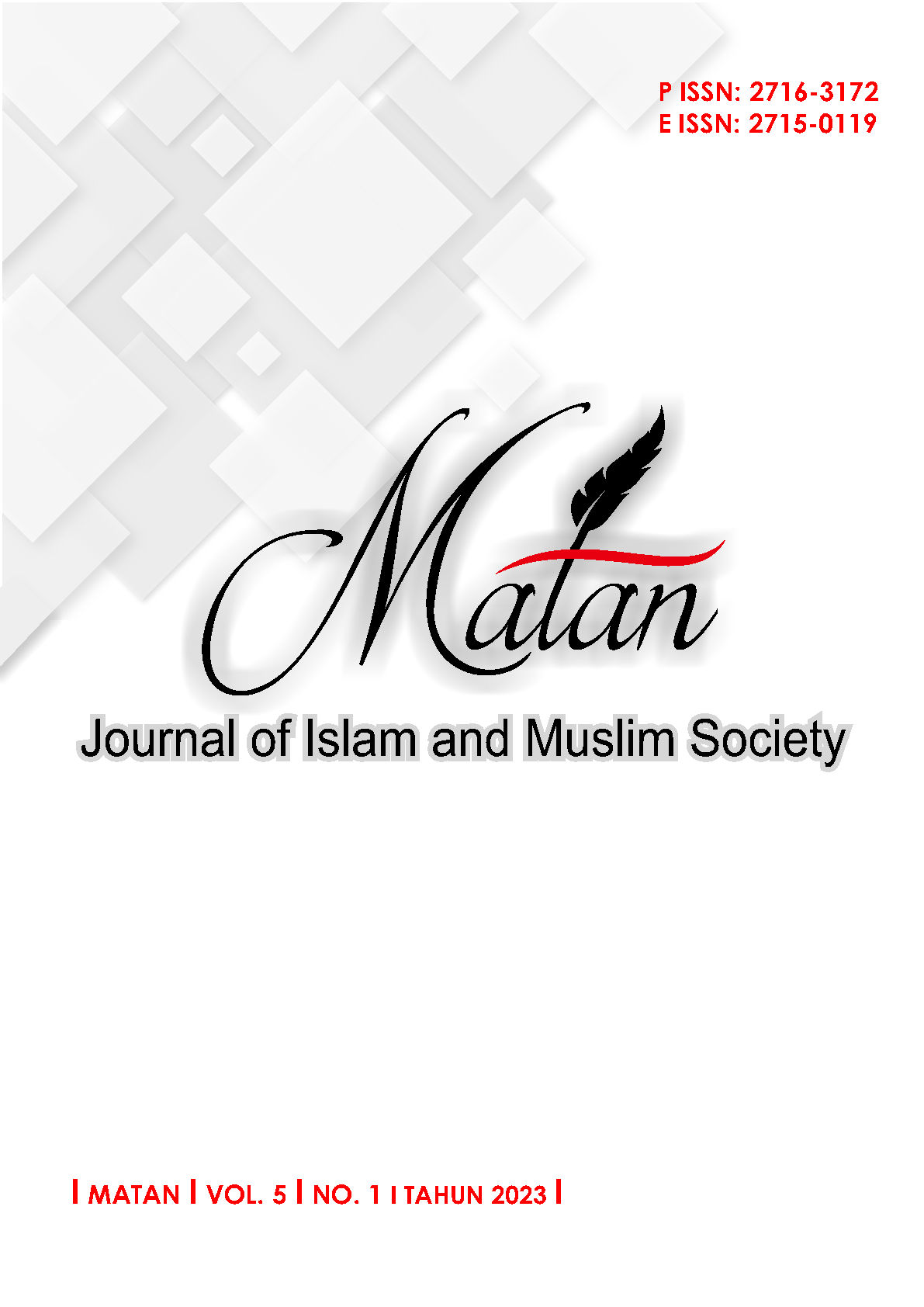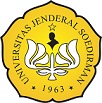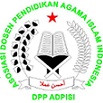Legal System of Polygamy and Divorce in Muslim Countries: Comparative Studies among Turkey, Pakistan, and Indonesia
Abstract
This article talks about the practice of Islamic family law in the Muslim world; Türkiye, Pakistan, and Indonesia which focus on polygamy and divorce. Talking about polygamy and divorce must be familiar to many people because polygamy is a very sensitive scourge when someone does that. Likewise, with divorce, this kind of thing becomes the subject of gossip in society when a family gets divorced. This paper will explain how family law is in the Muslim world, especially Turkey, Pakistan, and Indonesia with the main study of polygamy and divorce which aims to understand the understanding of society from all walks of life regarding the discussions between the two. This research is a literature study that focuses on discussing polygamy and divorce in three Muslim countries; Türkiye, Pakistan, and Indonesia. The data collection method in this study used documentation, namely collecting books, notes, and others that had relevance to the research, which were then analyzed. The results of this study are; (1) Turkey prohibits polygamy, which is contained in the book of the Ottoman Law of Family Rights, Pakistan also prohibits polygamy until written permission from the wife and the arbitral council, Indonesia legalizes polygamy referring to the Marriage Law. (2) Turkey in the event that a divorce ends with the finalization of a court decision and a waiting period of 300 days stipulated by the Turkish Civil Code, likewise Pakistan regulates divorce in two different rules, one using the Dissolution of Muslim Marriage and the other using Muslim Family Law Ordinance, divorce in Indonesia is regulated in Marriage Law Number 1 of 1974.
References
Aibak, Kutbuddin. Kajian Fiqh Kontemporer. Yogyakarta: Kalimedia, 2017.
Aktas, Ozgul. Alasan Perceraian dan Kesulitan yang Dihadapi Setelah Perceraian. DEU Institute of Educational Science, Turki: 2011.
Basyir, Ahmad Azhar. “Hukum Islam Di Indonesia dari Masa ke Masa”. Unisia: Journal Social, Science and Humanities 16, no. 1 (1992): 9-13.
Cherry, Kristen. "Marriage and Divorce Law in Pakistan and Iran: The Problem of Recognition”. Tulsa J. Comp. & Int'l L 9, no. 1 (2001): 319.
Darajat, Furqan. “Status Poligami Dalam Perundang-Undangan Konvensional Dan Kontemporer Dan Relevansinya Dengan Surat An-Nisa’ Ayat 3”. Al-Manhaj: Journal of Indonesian Islamic Family Law 2, no. 1 (2016): 70 - 86.
Effida, Eza Aulia dan Dara Quthni. “Kodifikasi Hukum Islam Di Indonesia Dalam Perspektif Kepastian Hukum”. Jurnal Ius Civile 2, no. 2 (2018): 101.
Esposito, John L. The Oxford Encyclopedia of The Modern Muslim World, terj. Eva YN dkk, Ensiklopedia oxford: dunia Islam modern. Bandung: Mizan, 2001.
Fata, Fauzan and. “Model Penerapan Syari'ah Dalam Negara Modern (Arab Indonesia)”. Jurnal Al-Manahij 5, no. 1 (2018): 50.
Fata, Fauzan dan Ahmad Khoirul. “Model Penerapan Syariah Dalam Negara Modern (Studi Kasus Arab Saudi, Iran, Turki, Dan Indonesia)”. Al-Manahij: Jurnal Kajian Hukum Islam 12, no. 1 (2018): 149.
Fitria, Vita. “Hukum Keluarga Di Turki Sebagai Upaya Perdana Pembaharuan Hukum Islam”. HUMANIKA: Kajian Ilmiah Mata Kuliah Umum 12, no. 1 (2012): 119.
Herliany, “Kekaburan Norma Syarat Untuk Melakukan Poligami dalam Pasal 4 Ayat (2) Huruf (a dan B) Undang-Undang Nomor 1 Tahun 1974 Tentang Perkawinan". Kumpulan Jurnal Mahasiswa Fakultas Hukum 4, no. 3 (2016): 179-188.
Jawad, Haifaa A. Otentisitas Hak-hak Perempuan: Prespektif Islam Atas Kesetaraan Jender. Yogyakarta: Fajar Pustaka Baru, 2002.
Mahmood, T. Personal Law in Islamic Countries History. New Delhi: Academy of Law and Religion, 1987.
Mahmood, Tahir. Family Law Reform in the Muslim World. Bombay: NM Tripathi, 1972.
Mardiani, Hukum Perkawinan Islam di Dunia Islam Modern. Yogyakarta: Graha Ilmu: 2011.
Millati, Arifah. “Pembaharuan Hukum Islam”. Jurnal Pemikiran Keislaman 28, no. 2 (2017): 372–407.
Mudzhar, M. Atho. “Hukum Keluarga di Pakistan (Antara Islamisasi dan Tekanan Adat)”. Al-Adalah 12, no. 1 (2014): 11-24.
Mudzhar, Muhammad Atho. “Hukum Keluarga di Pakistan (Antara Islamisasi dan Tekanan Adat)”. Al-Adalah 12, no 1 (2014): 221.
Nurhardianto, Fajar. “Sistem Hukum dan Posisi Hukum Indonesia”. Jurnal Tapis: Jurnal Teropong Aspirasi Politik Islam 11, no. 1 (2015): 33-44.
Pasal 129-133 KHI.
Pasal 2 ayat 1-9 Dissolution of Muslim Marriage Act 1939.
Pasal 33 UUP
Pasal 4 Ayat 2 UUP
Pasal 5 UUP
Pasal 83 KHI
Prihartinih, Tri Lisiani. “Tinjauan Filosofis Undang-Undang Nomor 1 Tahun 1974”. Jurnal Dinamika Hukum 8, no. 2 (2008): 196.
Rohmadi, “Syari’ah dan Politik Hukum Keluarga di Negara Pakistan. Jurnal Ilmiah Mizani: Wacana Hukum, Ekonomi, dan Keagamaan 1, no. 2 (2014): 34.
Shaikh, Barrister Ali. “Law of Divorce and Khula In Pakistan”, 4.
The Ottoman Family Right, Pasal 38.
Undang-Undang Perceraian Pakistan 1939 dan MFLO 1961
Undang-Undang Sipil Turki, Pasal 112.
Undang-Undang Sipil Turki, Pasal 93.
Wahyuni, Sri. “Pembaharuan Hukum Keluarga Islam di Negara-Negara Muslim”. Kosmik Hukum 11, no. 1 (2011): 217.
Wahyuni, Sri. “Pembaharuan Hukum Keluarga Islam Di Negara-Negara Muslim”. Al- Ahwal 6, no. 2 (2013): 211.
Zuhdi, Saifuddin. “Reformulasi Hukum Perceraian Di Pakistan, Universitas Muhammadiyah Surakarta”. Jurnal Law and Justice 1, no. 1 (2016): 46-47.








